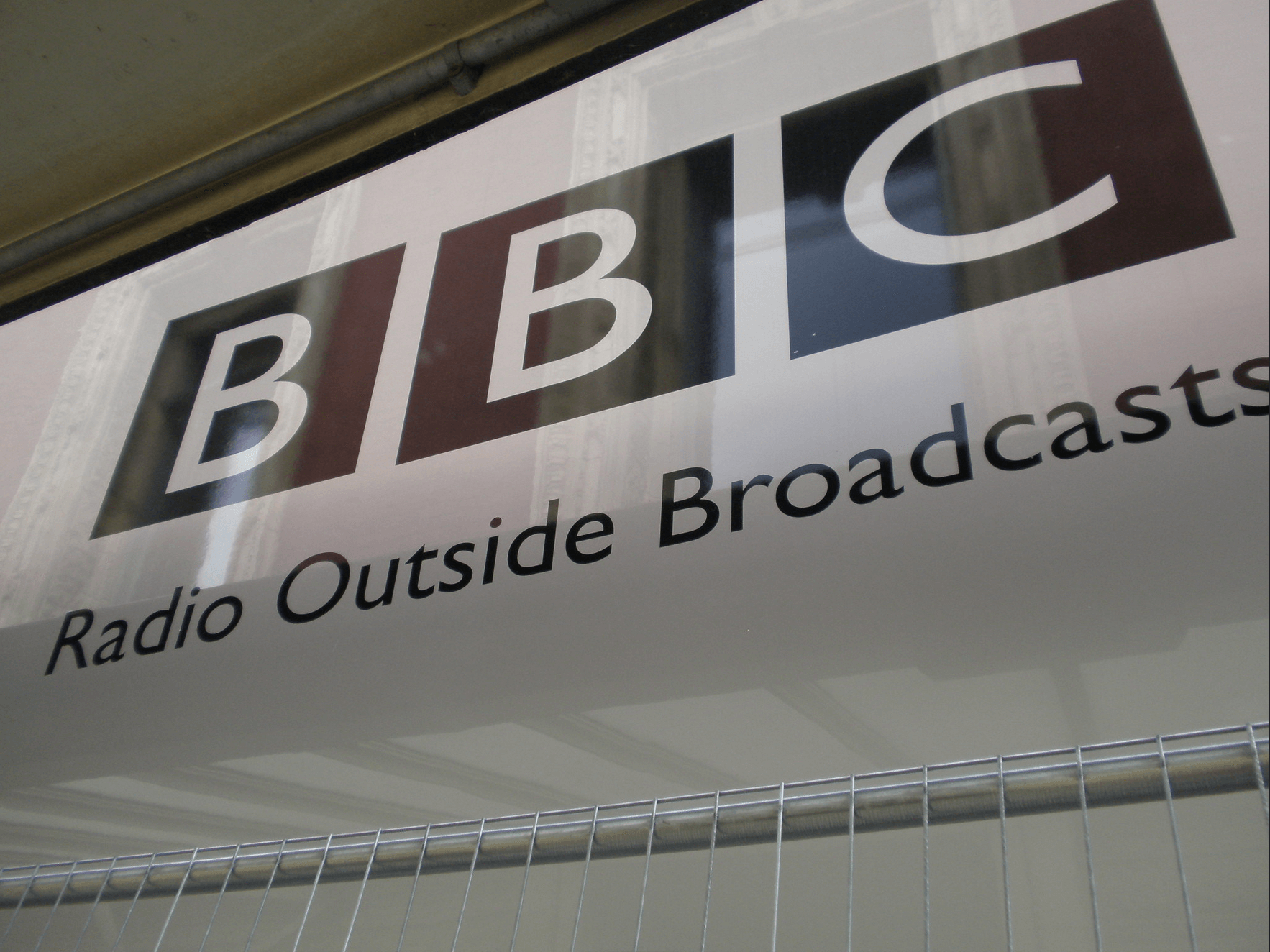

BBC under fire for announcing new digital radio stations
The BBC has announced four new spin-off radio stations and has ignited controversy, with the commercial radio sector arguing that these new offerings merely duplicate existing services and potentially stifle commercial innovation.
The BBC has announced plans to launch four new spin-off stations for Radio 1, 2, and 3, broadcasting on DAB+ and via BBC Sounds. These stations aim to delve deeper into the music genres associated with each parent station. The Radio 1 extension will feature music from the 2000s and 2010s, focusing on “lesser-heard gems”. The Radio 2 station will bring heritage artist catalogues and stories to life. it will offer a richer texture than the main mixed-genre Radio 2 schedule. Radio 3 will continue its focus on classical music, providing a “calming music experience”. The final extension, Radio 1 Dance, will expand from BBC Sounds to DAB+, reflecting the dance scene to a wider audience and supporting new UK artists.
The BBC states that these new stations will build on their commitment to new music, highlighting high-quality on-demand music programs. They will also provide new commissions fronted by emerging talent, offering fresh perspectives on archive material capturing the story of British music over the past sixty years.
However, the commercial radio sector has not welcomed this news. Stations like Absolute, Smooth, Virgin, and Heart, which already focus on specific genres or decades, argue that the BBC is duplicating services and damaging commercial innovation. Radiocentre, representing several commercial stations, has strongly criticized the move, urging Ofcom to reject any proposed market interventions that would duplicate services and harm commercial innovation.
Ofcom has taken a measured approach, expecting the BBC to engage with industry stakeholders while considering the potential impact of the new services. The public will have its say on the new stations, including a Public Interest Test (PIT), in the coming weeks. Despite concerns about the impact on independent artists, the BBC remains committed to showcasing the best of British music, with a particular focus on new and emerging artists.


- Arodes cover Interview
- Armin van Buuren: Breathing In [Exclusive Interview]
- Ibiza 2024: What To Expect
- Burak Yeter: A Day In Space [Exclusive]
